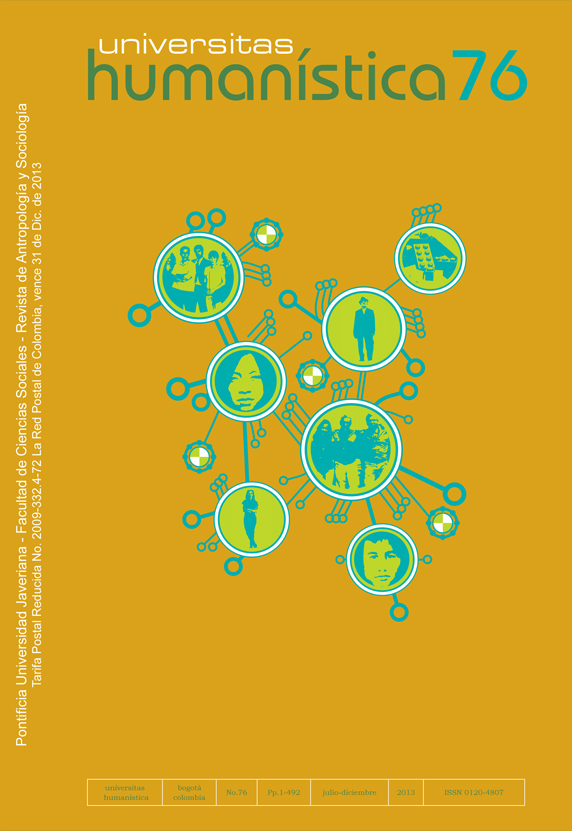Abstract
The knowledge society, as an engine of economic and social development, is present in the minds of academics, entrepreneurs and government officials. This implies that globally there is a need for the academy to contribute with the productive sector and for the State to support this integration. This paper tries to reveal the perceptions of members of the academy, the enterprises nd the Argentinian State on the scope of this triangulation; which means the relationship between the three vertex: the scientific and technological system, the productive system and the governmental system to cooperate in conjunction. It also seeks to expose its position on the alleged commodification of knowledge and the state’s role as an intermediary and provider of scientific policies.
This journal provides immediate open access to its content on the principle that making research freely available to the public, encourages greater global exchange of knowledge.
The journal Universitas Humanística is registered under a Creative Commons Attribution 4.0 International Public License. Thus, this work may be reproduced, distributed, and publicly shared in digital format, as long as the names of the authors and Pontificia Universidad Javeriana are acknowledged. Others are allowed to quote, adapt, transform, auto-archive, republish, and create based on this material, for any purpose (even commercial ones), provided the authorship is duly acknowledged, a link to the original work is provided, and it is specified if changes have been made. Pontificia Universidad Javeriana does not hold the rights of published works and the authors are solely responsible for the contents of their works; they keep the moral, intellectual, privacy, and publicity rights.
Approving the intervention of the work (review, copy-editing, translation, layout) and the following outreach, are granted through an use license and not through an assignment of rights. This means the journal and Pontificia Universidad Javeriana cannot be held responsible for any ethical malpractice by the authors. As a consequence of the protection granted by the use license, the journal is not required to publish recantations or modify information already published, unless the errata stems from the editorial management process. Publishing contents in this journal does not generate royalties for contributors.


